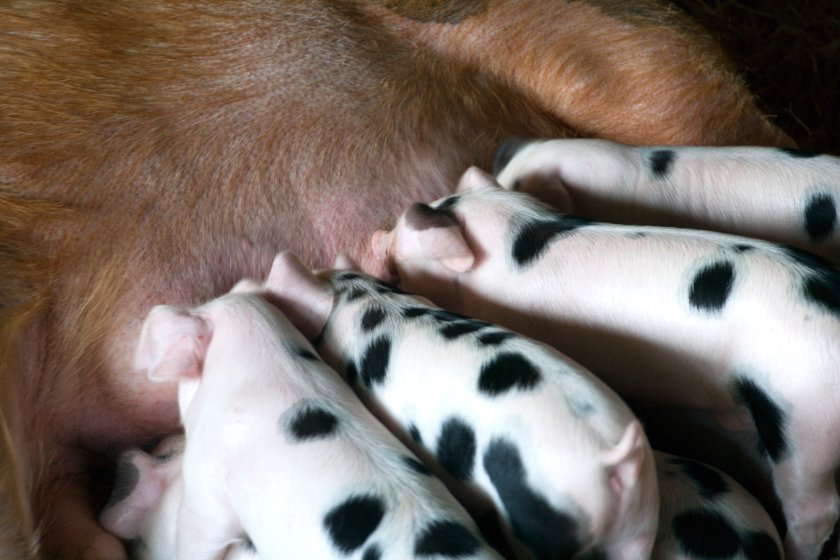England loses one-fifth of breeding pig herd amid financial losses

England has lost one-fifth of its female breeding pig herd following two years of heavy financial losses, according to new figures by Defra.
The female breeding herd numbered 237,000 at the end of 2022, compared with 295,000 in December 2021.
This represents a 20 percent decline, and 25 percent below the 317,000 head recorded in 2020.
The National Pig Association (NPA) said the figures were 'shocking', but 'not surprising'.
There was a 16% drop in the number of in-pig sows to just under 170,000 and a 31% dip in in-pig gilt numbers to below 30,000, with the number of gilts not yet in pig down 27% to 58,000.
‘Other sows’, either being suckled or dry sows kept for further breeding, were down 26% to 38,080, Defra's December census figures show.
The December breeding herd figures follow from June 2022 census data showing an 18% year-on-year decline.
The overall English pig herd was down 9.2% year-on-year, at 3.7 million, including a 7.9% reduction in the number of fattening pigs.
While the wider UK figures have not yet been published, the implications for UK pig production are likely to be significant, especially when the impact of lower slaughter weights is added in.
In its 2023 Pork Outlook, AHDB is forecasting a 15% drop in UK pork production for 2023 on the back of the decline in the breeding herd.
Responding to the figures, NPA chief executive Lizzie Wilson said: "These figures are shocking, confirming a scale and pace of contraction that we have not seen before in this industry.
"But, at the same time, they are not surprising, given the depth and length of the crisis that has engulfed the sector. For many producers, sadly, there has just been no way through it."
In response, the NPA recently urged the government to roll out essential reforms across the pork supply chain to avert the collapse of the sector.
These include the introduction of legislation to underpin new pig contracts, which would allow producers, marketing groups and processors to negotiate terms to ensure a fair price for producers.
Ms Wilson added: "The figures should send a message to the rest of the supply chain about what happens when one part of it fails to receive a fair price over a prolonged period.
"We are now facing a shortage of pigs in the UK, with many leading European pig producing countries in the same boat, which will only continue to worsen over the coming months.
"We continue to call on the government to push through with its review of the pork supply chain, so we can introduce reforms that will ensure a fairer, more sustainable supply chain for all."








